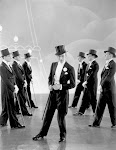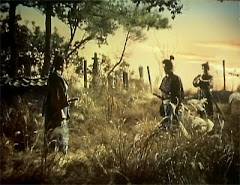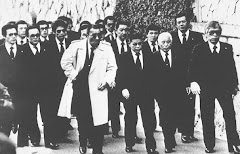 How many of us did not bother to open the tin of Danish Sugar Cookies because we gave them that very same day to our brother whom we know just LOVES Danish Sugar Cookies? Confess! How many of you noticed that what you thought were Danish Sugar Cookies were actually Gabi Butter Cookies, or, Galletas Finas? They are Mexican counterfeits! There is too much coconut in them.
How many of us did not bother to open the tin of Danish Sugar Cookies because we gave them that very same day to our brother whom we know just LOVES Danish Sugar Cookies? Confess! How many of you noticed that what you thought were Danish Sugar Cookies were actually Gabi Butter Cookies, or, Galletas Finas? They are Mexican counterfeits! There is too much coconut in them. This year, this author attended not just one but two complete rounds of Dirty Santa. The game itself can be enjoyable, but generally the gifts are terrible. In light of this, the author declined participation in either one, citing religious disabilities. He sat in The Balcony, behind that cut-out in the living room wall unnecessarily supported with two colonial pillars which is supposed to help make the living room look bigger. He provided Muppets-style cheers and jeers as was appropriate.
This year, this author attended not just one but two complete rounds of Dirty Santa. The game itself can be enjoyable, but generally the gifts are terrible. In light of this, the author declined participation in either one, citing religious disabilities. He sat in The Balcony, behind that cut-out in the living room wall unnecessarily supported with two colonial pillars which is supposed to help make the living room look bigger. He provided Muppets-style cheers and jeers as was appropriate.After a long, long hour of undue contemplation around poorly gift-bagged presents in the first game, the author was mildly surprised to conclude that no single gift was desired by him, nor useful in any small capacity. Had an analysis of this situation been premeditated, notes would have taken. Instead, a jovially inebriated memory will have to suffice in order to list the numerous Lame Gifts.
Gift bag full of name branded holiday candies. Wow, more candy for Christmas. Thanks! I was hoping to become diabetic this year. When Hershey’sTM wraps all those mini candies in red and green I simply cannot resist them.
 A hand-crank flashlight. Yes, it might possibly be useful when my old truck breaks down in the middle of the night and I have to go find someplace where a cop won’t catch me peeing. (In Oklahoma, public urination is a sexual assault) However, a cop is sure to stop and investigate this little pale blue light meandering along the roadside. The only time I would really need a hand crank flashlight is when I am looking for my jacket underneath all the barstools at the Sidecar Bar and it is very unlikely that I will be carrying it in the back pocket of my Versace jeans at that time.
A hand-crank flashlight. Yes, it might possibly be useful when my old truck breaks down in the middle of the night and I have to go find someplace where a cop won’t catch me peeing. (In Oklahoma, public urination is a sexual assault) However, a cop is sure to stop and investigate this little pale blue light meandering along the roadside. The only time I would really need a hand crank flashlight is when I am looking for my jacket underneath all the barstools at the Sidecar Bar and it is very unlikely that I will be carrying it in the back pocket of my Versace jeans at that time.A tiny little resin plaque with an inspirational poem written on it. It hangs from a thin chain dotted with tiny colored plastic beads. Its edges are decorated with little painted pansies and metallic butterflies. Hanging from the base of this thing are four tiny metal tubes which also makes it a windchime. So many terrible things in this one gift make it something that I might really keep so I can laugh at it from time to time.
 A stuffed small white bear, patterned with red hearts which makes it look like a valentine gift. It is affixed to a plastic base, so it is a decoration and not a toy. Next to the bear sits a small plastic flowerpot of daisies and a miniature gardener’s shovel. Underneath the platform of the sculpture is an On/Off switch, because it plays a highly mechanized rendition of ‘Fur Elise’. Made in China.
A stuffed small white bear, patterned with red hearts which makes it look like a valentine gift. It is affixed to a plastic base, so it is a decoration and not a toy. Next to the bear sits a small plastic flowerpot of daisies and a miniature gardener’s shovel. Underneath the platform of the sculpture is an On/Off switch, because it plays a highly mechanized rendition of ‘Fur Elise’. Made in China.Please note: I am not making this up. These are actual gifts.
Hershey’s Chocolate Lover’s Cookbook. Back to the candies and sweets. This one I might consider a good gift, but I am suspicious that most of the recipes will just tell you to chop up some Hershey’s candies and add it to some sort of typical recipe. Reeses’ Peanut Butter Cheesecake makers: you are not fooling anyone.
 Starbucks’ Single-Breakfast Double-Mug Gift Box. It is opened by someone who does drink coffee, but they drink Folger’s. They have never tried Starbucks coffee but they are pretty sure they won’t like it. The little packet only has enough coffee for two cups, and the two mugs to put it in are the main part of the gift. The world really does not need any more mugs. The biscotti is already broken. The plastic wrap has greasy fingerprints.
Starbucks’ Single-Breakfast Double-Mug Gift Box. It is opened by someone who does drink coffee, but they drink Folger’s. They have never tried Starbucks coffee but they are pretty sure they won’t like it. The little packet only has enough coffee for two cups, and the two mugs to put it in are the main part of the gift. The world really does not need any more mugs. The biscotti is already broken. The plastic wrap has greasy fingerprints.Candle-in-a-jar that smells like lavender. That gift was almost good if only I were an elderly grandmother.
 Burt’s Bees Mini-Tiny Things Sampler. Maybe I can wash my butt with that mini-bottle of body wash. Everything else smells kind of weird and even the girls who smelled it agreed.
Burt’s Bees Mini-Tiny Things Sampler. Maybe I can wash my butt with that mini-bottle of body wash. Everything else smells kind of weird and even the girls who smelled it agreed.A big pan of homemade peanut brittle. Usually I give a lot of credit towards anything that is homemade, but I notice chunks of unmelted butter/margarine among the peanuts with traces of white powder. The chef has overestimated her abilities as well as our appetites.
To conclude this sad parade, the Grand Marshall of 2006 appeared at both Dirty Santa games. It is a small toy animal designed to be filled with brown jellybeans. When its back is depressed, the candy is dispensed from beneath its tail. This treasure, which my grandmother carried home, wears the winning badge of distinction: its price tag. $6.99.
What to do with items such as these? Re-gifting is a risky and obvious maneuver. Thus, the author suggests Stealth Re-Gifting, that is, within the same season. Dust-collecting holdover re-gifts are sure to deliver only denigration and regret. The best solution is to simply place these items in the garbage. Keep America strong!
 As it may concern so-called unwanted liquors or spirits, there is no excuse. A red wine that might not be to one’s liking can certainly be used in the marinara sauce. To say that one does not have a taste for gin is to admit to one’s white trash upbringing. Even the half-empty bottle of whisky must be enjoyed no matter whose spittle might be swimming around in it. Alcohol sterilizes things for Pete’s sake. Turn that frown upside down and drink your Christmas present.
As it may concern so-called unwanted liquors or spirits, there is no excuse. A red wine that might not be to one’s liking can certainly be used in the marinara sauce. To say that one does not have a taste for gin is to admit to one’s white trash upbringing. Even the half-empty bottle of whisky must be enjoyed no matter whose spittle might be swimming around in it. Alcohol sterilizes things for Pete’s sake. Turn that frown upside down and drink your Christmas present.



















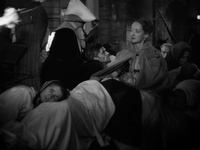
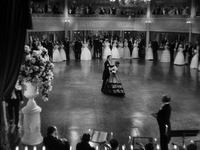
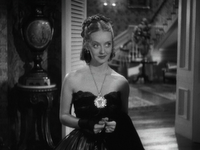







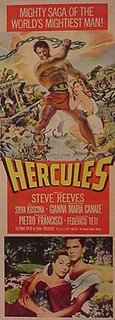

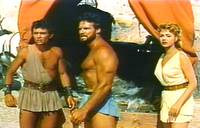


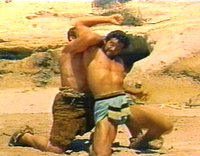







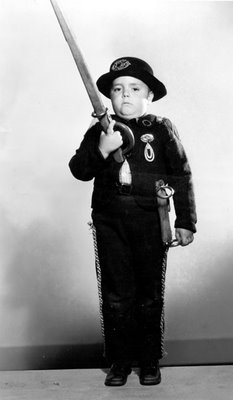

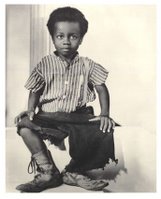






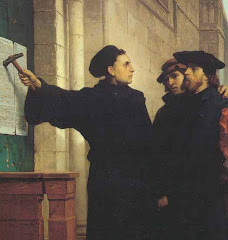
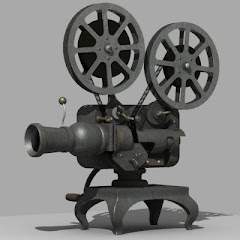
.jpg)
